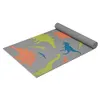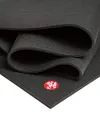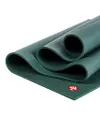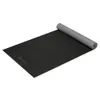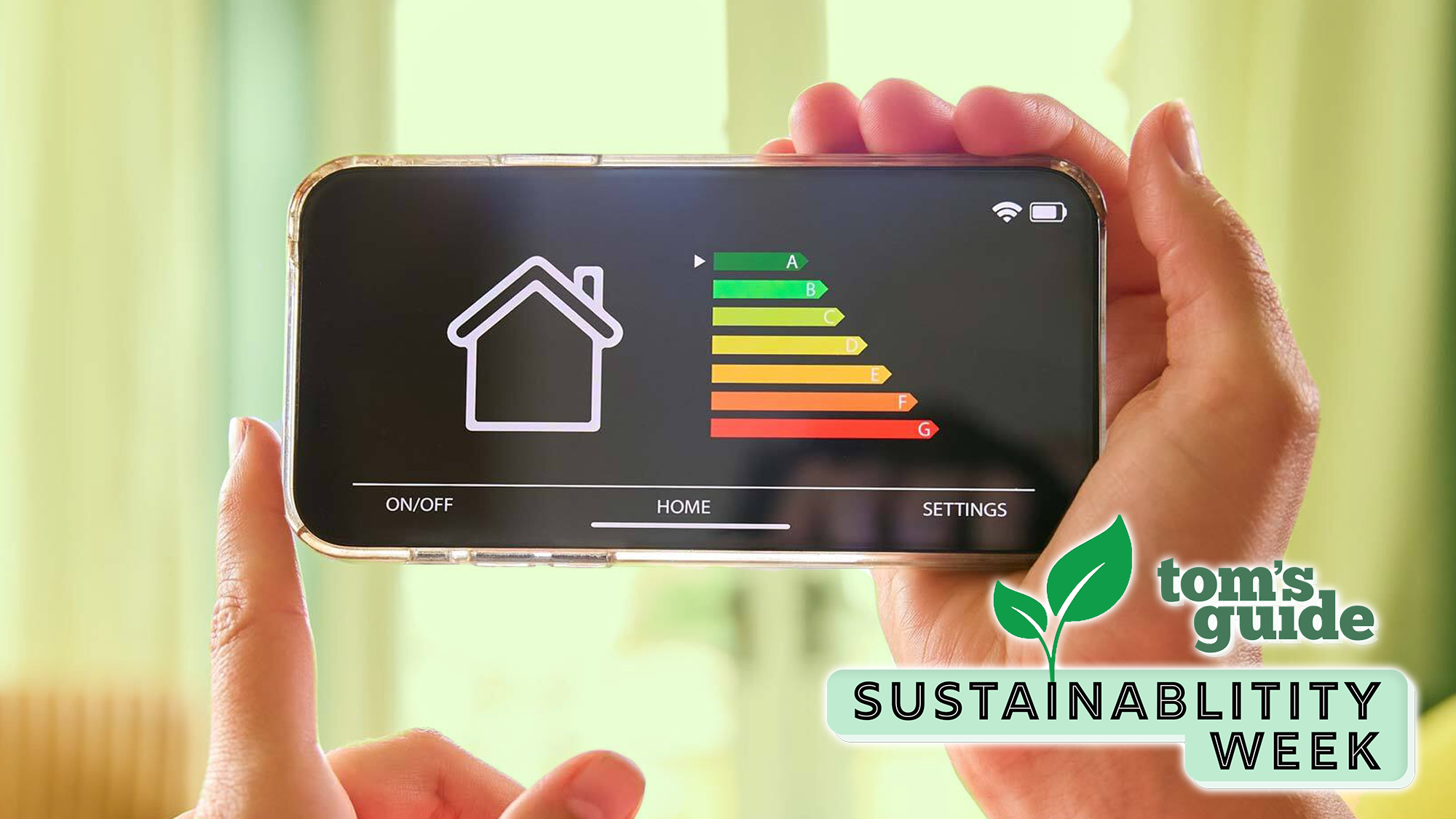I tried this 10-minute push-up challenge — here’s what happened
I was in trouble from the first minute

Having a structured training plan that involves doing workouts that contain a variety of exercises is undoubtedly the smartest way to go about getting fit and strong. Sometimes, however, it’s fun to throw all that out the window and just try and do as many push-ups as you can in 10 minutes.
That’s the aim of this push-up challenge from fitness trainer Caroline Girvan, and while there is some structure to the session, it pretty much just amounts to doing as many push-ups as you can in 10 minutes, resting as required. And in my experience, you need a lot of rest.
You don’t need any equipment for the challenge, unless you’re so good at push-ups already you need to challenge yourself further by doing them with weights or using push-up bars. I would advise using one of the best yoga mats for the challenge though, just to make sure your hands and feet don’t slip at all during your push-ups.
Watch Caroline Girvan’s 10-minute push-up challenge
The 10-minute push-challenge is broken up into seven one-minute work periods, with 30 seconds of rest in between. The aim is simply to do as many push-ups as you can in each minute of work, resting during that time as required.
Girvan says you can do any kind of push-up for the workout, including kneeling push-ups. These are easier than full push-ups so are the way to go from the start if you’re a beginner, and even if you’re more experienced you can also drop into doing them later on in the challenge once full push-ups become too hard.
You can also do harder push-up variations using push-up bars, or diamond push-ups to target your triceps more. I don’t think any extra challenge is needed here myself, but using other types of push-ups during the workout can help spread the load to other muscles.
Make sure your form remains good throughout the workout — there’s no point inflating your overall number with half-hearted push-ups where your chest doesn’t get near the floor. Girvan demonstrates great form throughout the workout and still took 20 push-ups off her total of 230 for a score of 210 with strict form.
Unsurprisingly, I didn’t get close to Girvan’s tally, managing 124 full push-ups in total. Here are my takeaways from the challenge that I’d use to help improve my score next time.
Start slow, finish strong
You have seven minutes of push-ups to do in total, and that’s a lot of time to be doing push-ups. I attacked the first minute doing push-ups at a similar tempo to Girvan and that was a mistake — I had no hope of maintaining that pace and it just meant I tired myself out sooner.
I did 35 push-ups in my first minute, then dropped to 22 for the second, then 16, 16, 14, 10 and 11 for the final five sets. With a more conservative start, I could have probably made up the difference and then some in the later sets. Aiming for 20 push-ups per set would have been a smarter approach for me.
Break up your push-ups into small sets
Unless you’re really good at push-ups already, I’d do sets of just five at a time. Again I didn’t do this, starting with a set of 20 before taking my first rest, and that really fatigued my upper body straight away.
You can fire through sets of three to five push-ups quite quickly, then take a rest and go again. As mentioned above, seven minutes is a long time to do push-ups, so you have plenty of time for extra breaks.
Drop to kneeling push-ups if needed
I stuck with full push-ups for the whole challenge, just to try and set a score without any variations, but switching to kneeling push-ups later on in each one-minute set would certainly help increase your score.
Doing more push-ups overall works the upper-body muscles more, no matter what variation you’re doing, so it’s a smart way to go.
Stretch and shake when you rest
Girvan drops her hips back onto her knees to stretch out her back and arms when resting in-between push-ups, and I'll copy next time to release the tension in my muscles, instead of just coming into an upright kneeling position to take the load.
Speaking of wrists, give them a shake in your rest breaks; this challenge is tough on them.
Don’t do sets to failure
I did a couple of sets of push-ups to failure in the latter stages of the challenge, with the result that I dropped to the floor because I couldn’t complete a rep. This is not smart, because the only way to get back up and start again is to push yourself up anyway!
It's best to finish each mini-set of push-ups in an upright position so you can go back onto your knees to rest. If you feel close to failing as you start lowering down, bail on that push-up and take a break.
Work out what your weakness is
Push-ups are compound exercises that work multiple muscle groups as well as testing your core strength, and there will be one area of the body that is more of a limiting factor for you than others.
I run a lot and do core workouts quite regularly, but don’t do much to strengthen my arms and shoulders, and they were certainly the main limiting factor for me in the challenge. If I wanted to go all-out to improve my score, building strength in those areas would help.
More from Tom's Guide
- Build a stronger core with this 10-minute standing abs workout
- I tried this 20-minute bodyweight abs workout with 14 million views — here’s what happened
- 5 compound core exercises that sculpt strong obliques
Sign up to get the BEST of Tom's Guide direct to your inbox.
Get instant access to breaking news, the hottest reviews, great deals and helpful tips.

Nick Harris-Fry is an experienced health and fitness journalist, writing professionally since 2012. He spent nine years working on the Coach magazine and website before moving to the fitness team at Tom’s Guide in 2024. Nick is a keen runner and also the founder of YouTube channel The Run Testers, which specialises in reviewing running shoes, watches, headphones and other gear.
Nick ran his first marathon in 2016 after six weeks of training for a magazine feature and subsequently became obsessed with the sport. He now has PBs of 2hr 27min for the marathon and 15min 30sec for 5K, and has run 13 marathons in total, as well as a 50-mile ultramarathon. Nick is also a qualified Run Leader in the UK.
Nick is an established expert in the health and fitness area and along with writing for many publications, including Live Science, Expert Reviews, Wareable, Coach and Get Sweat Go, he has been quoted on The Guardian and The Independent.

